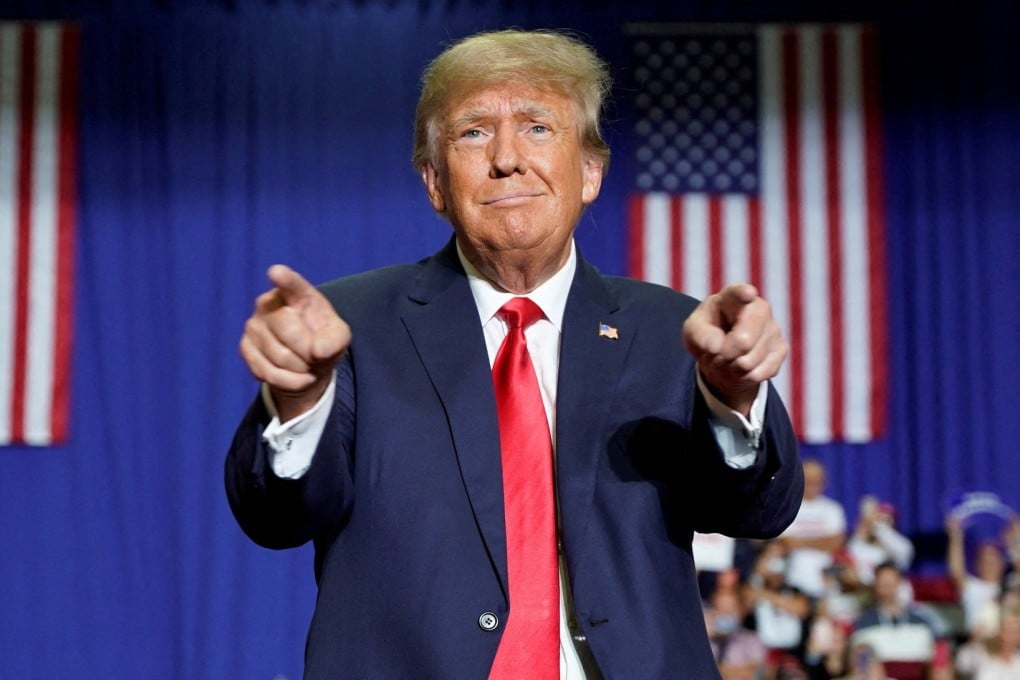Letters | US midterm elections will highlight Trump effect
- Readers discuss the Trump effect in the upcoming US midterm elections, and the direction China must choose to be a true global leader

In September, Trump and his allies launched a new super PAC (political action committee), Maga Inc, as a way to fund Republican candidates in elections against Democrats. Trump has shown a knack for picking his horses. He is backing and endorsing Republicans all over the map in what the BBC has called an “extraordinary endorsement spree”, and his candidates have a good track record of winning races. The Trump effect will be tested on November 8.
Trump calls Stefanik “one of my killers”; she was his biggest defender on the House Intelligence Committee during his first impeachment trial. Stefanik is expected to survive the midterms. The Republicans’ motto at the moment can be summed up as “Trump or perish”, although there seems to be consensus among Republicans that Trump should wait until after the midterms to announce his bid for the presidency in 2024.
The Republicans are likely to take control of both the House and the Senate in a red wave. In a month, we will know by what margins.
Iveta Cherneva, Sofia, Bulgaria